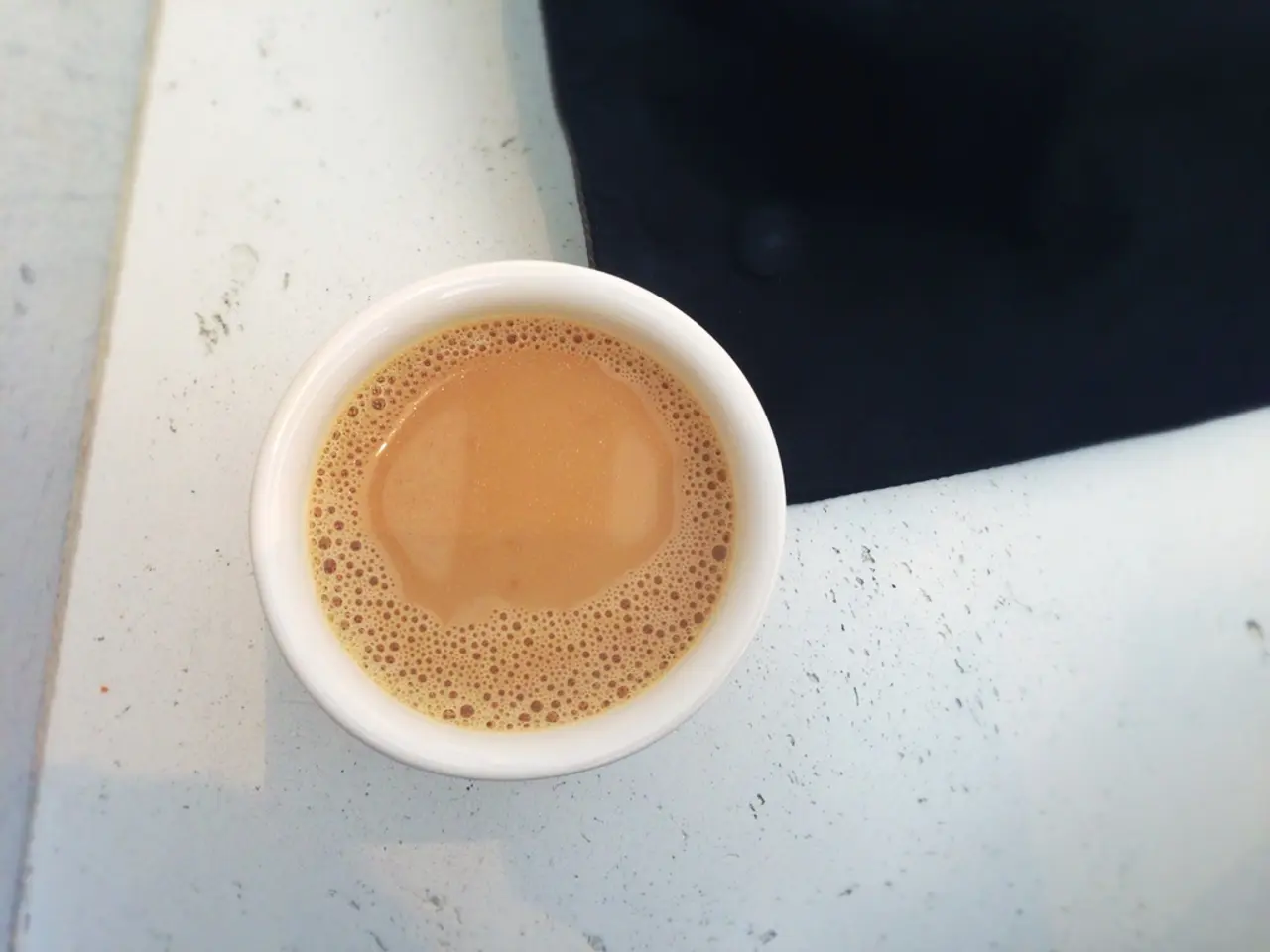Approaching Winter: These Teas Maintain Your Wellness throughout the Cold Months
In Germany, tea is more than just a hot beverage; it's a beloved part of daily life. According to statistics from 2019, East Frisia leads the nation with the highest consumption, drinking around 300 liters of tea per year. This equates to a staggering 129 million cups consumed nationwide every day.
Individuals in Germany consume an average of 68 liters of tea per year. Interestingly, around 40 liters of this are herbal and fruit teas, while the remaining 28 liters are black and green teas.
Tea, particularly green and black varieties, is rich in polyphenols, which have an antioxidant effect. These antioxidants can help alleviate cold symptoms such as sore throat, cough, and stuffy nose. Moreover, tea is known to aid in stomach and intestinal problems.
The benefits of tea are not limited to traditional varieties. Herbal and fruit teas, while not specifically data-backed, may also offer health advantages. The Federal Center for Nutrition has highlighted the health benefits of tea, emphasizing its potential role in maintaining good health.
In addition to its health benefits, tea can also contribute to dental health. Some studies suggest that tea can be used as a cavity preventative due to its ability to inhibit the growth of harmful bacteria in the mouth.
However, it's important to note that while the consumption of tea is on the rise in Germany, there is no specific data available regarding the top-selling winter tea brands or manufacturers in 2020.
In conclusion, whether enjoyed hot or cold, with or without milk, and whether traditional or herbal, tea remains a popular and health-conscious choice in Germany. Its versatility, combined with its potential health benefits, makes it a beverage that continues to captivate the nation.






